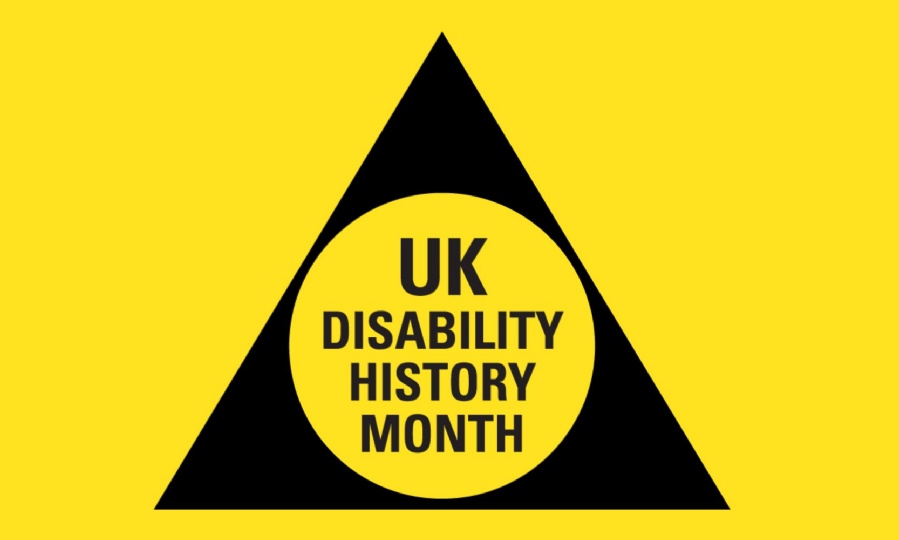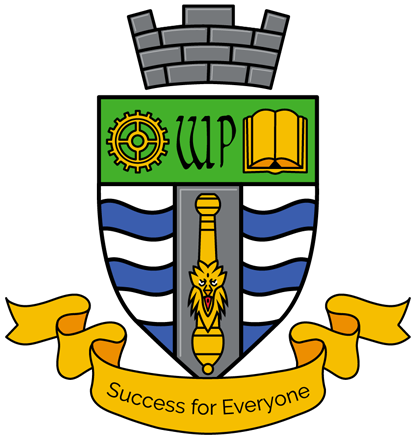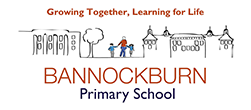UK Disability History Month: Honouring Lives, Challenging Barriers

Every year, from 20th November to 20th December, the UK observes Disability History Month (UKDHM) - a time dedicated to recognising the struggles, achievements, and contributions of disabled people throughout history. Established in 2010, UKDHM shines a light on the ongoing fight for equality and human rights, while encouraging society to challenge ableism and create inclusive spaces for all.
What Is Disability History Month?
UKDHM is more than a commemorative event; it is a movement. It aims to:
- Celebrate the resilience and achievements of disabled individuals.
- Educate about historical injustices, from institutionalisation to eugenics.
- Advocate for systemic change, ensuring disabled voices lead conversations about rights and inclusion.
The month also aligns with key international observances such as World AIDS Day (1 Dec), International Day of Persons with Disabilities (3 Dec), and Human Rights Day (10 Dec), reinforcing the global nature of disability rights.
Theme for 2025: “Disability, Life and Death”
This year’s theme, Disability, Life and Death, addresses pressing ethical and social questions surrounding assisted dying legislation currently debated in Parliament. Many disabled activists fear that such laws could undermine their right to life, echoing historical prejudices that once justified sterilisation, euthanasia, and exclusion under the guise of “mercy.”
The theme calls for reflection on:
-
The inherent value of disabled lives, as affirmed by Article 10 of the UN Convention on the Rights of Persons with Disabilities.
-
Historical lessons, from Nazi-era atrocities to the eugenics movement, remind us why vigilance against discriminatory ideologies remain vital.
How Is It Celebrated?
Across the UK, organisations, schools, and communities host:
- Educational events: Panels, lectures, and workshops exploring disability rights history.
- Arts and culture programmes: Exhibitions like the V&A’s Design and Disability showcase the creative contributions of disabled artists.
- Campaigns and activism: Trade unions, charities, and grassroots groups amplify disabled voices, demanding better access and inclusion in workplaces and public life.
- Digital resources, storytelling projects, and social media campaigns also play a huge role in spreading awareness and fostering dialogue nationwide.
Why It Matters
Disability History Month reminds us that progress is not guaranteed. While landmark laws such as the Disability Discrimination Act (1995) and the Equality Act (2010) have advanced rights, systemic barriers persist. UKDHM is a call to action: to dismantle ableism, prioritise accessibility, and ensure that disabled people are not only included but empowered to lead.
Get Involved
Visit UKDHM.org for resources, event listings, and educational materials. Whether you attend a local event, share stories online, or advocate for inclusive policies, your participation helps build a society where every life is valued equally.





